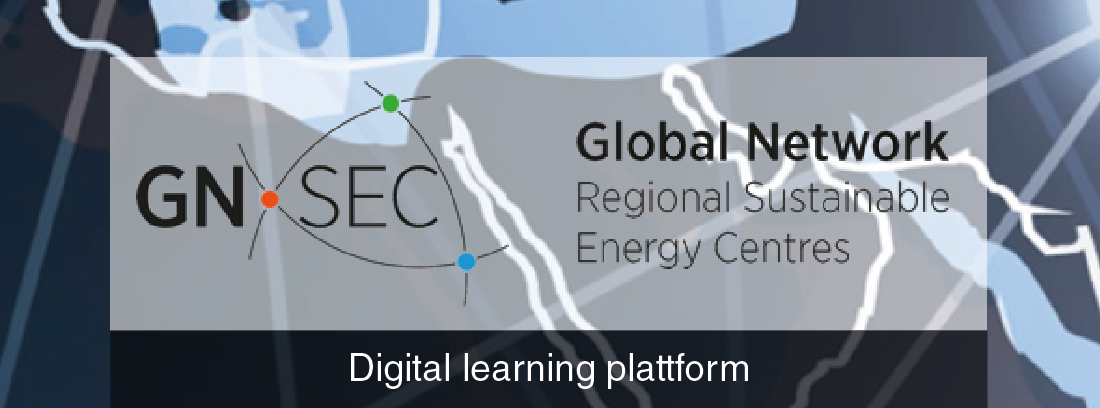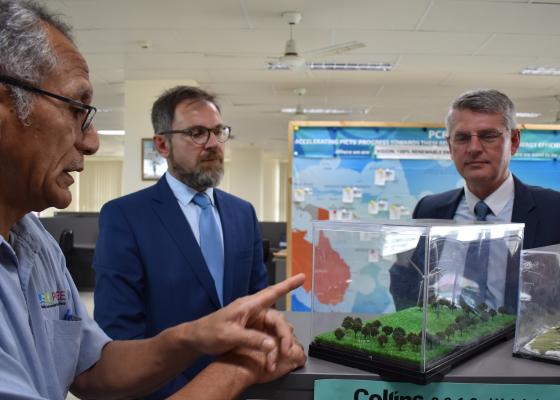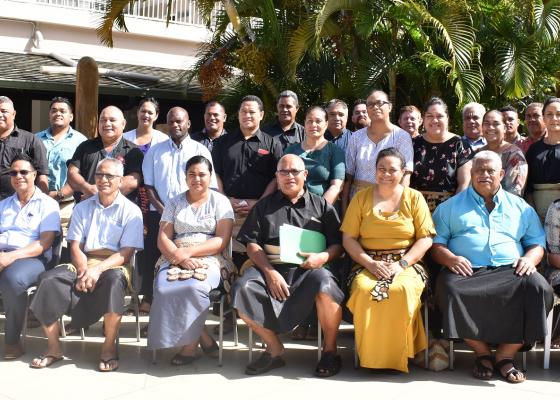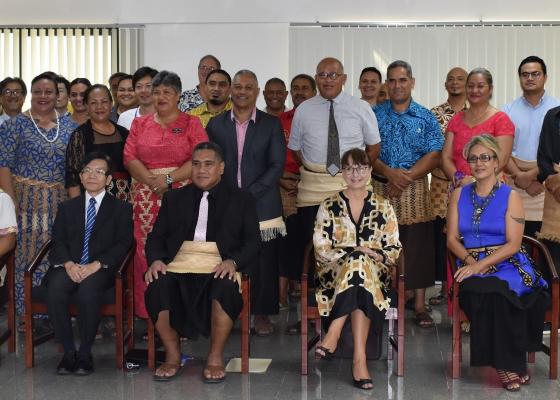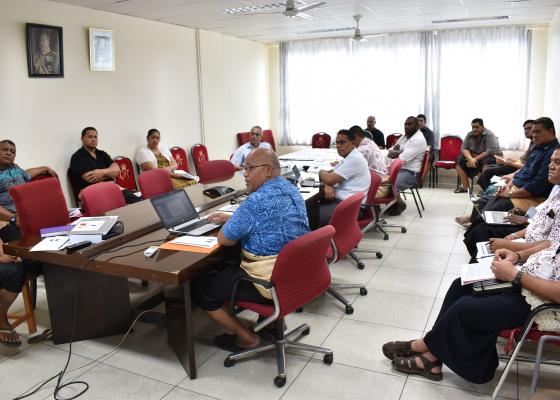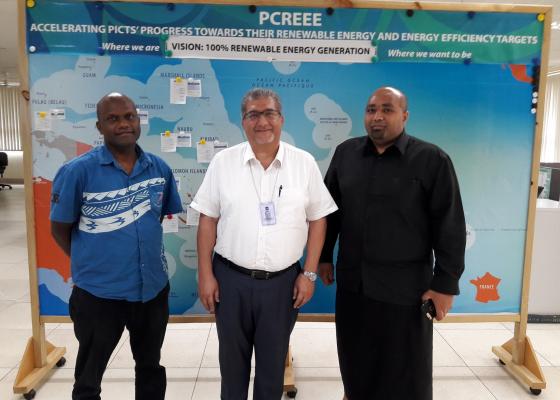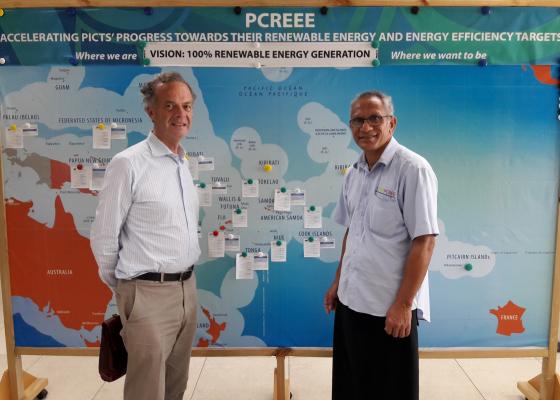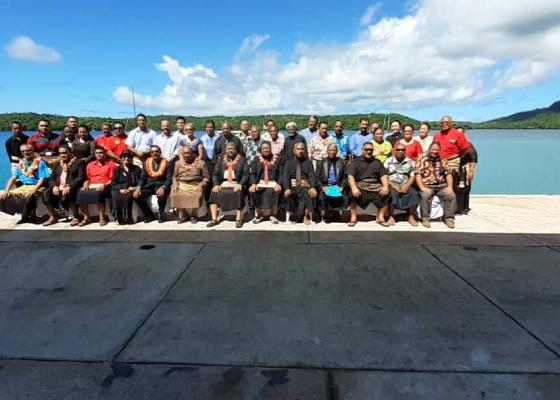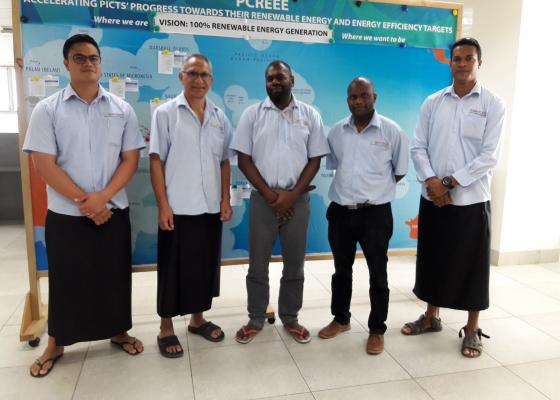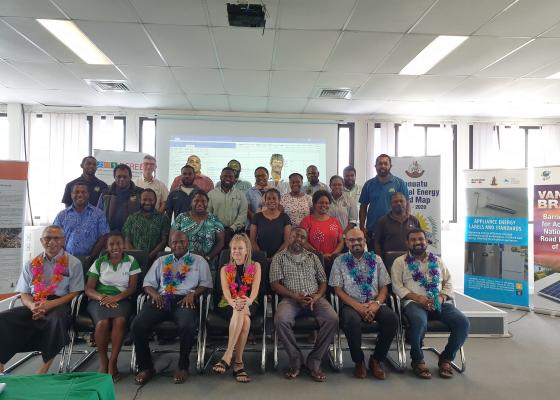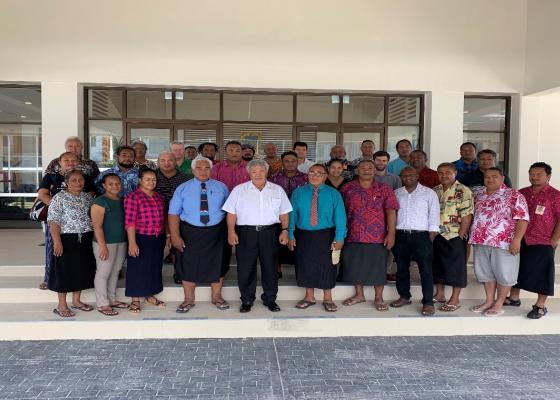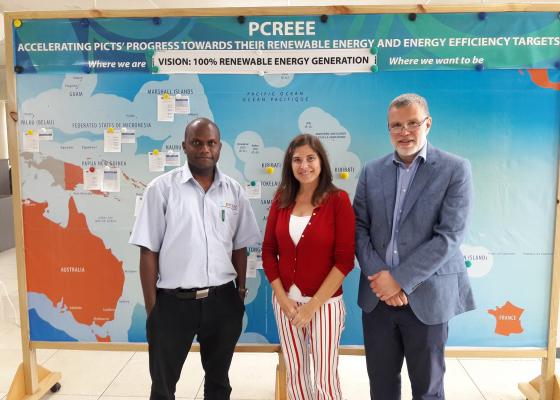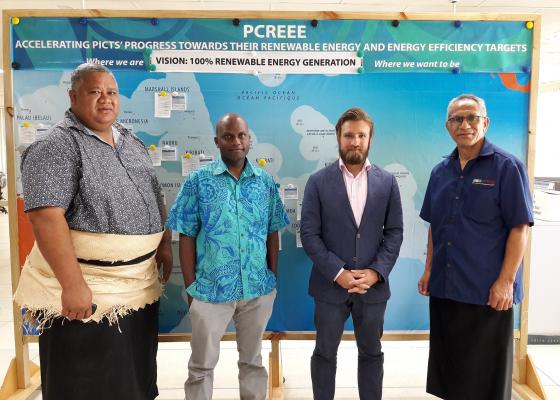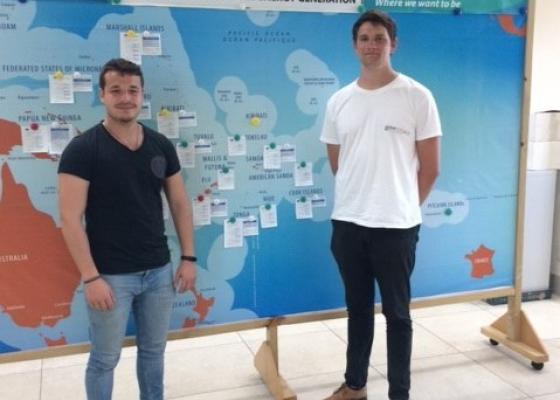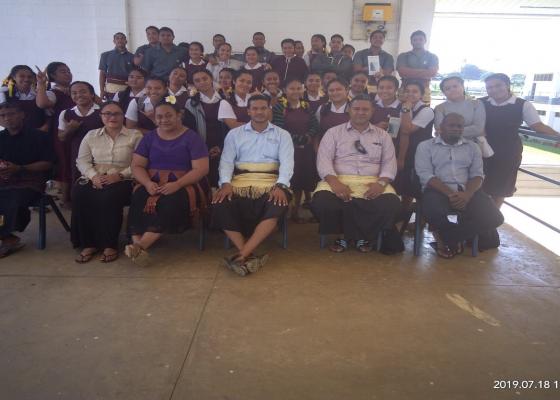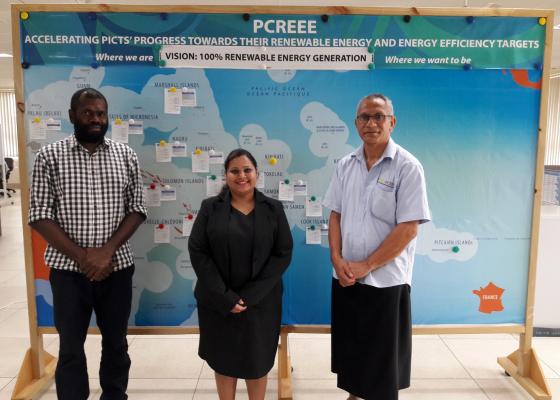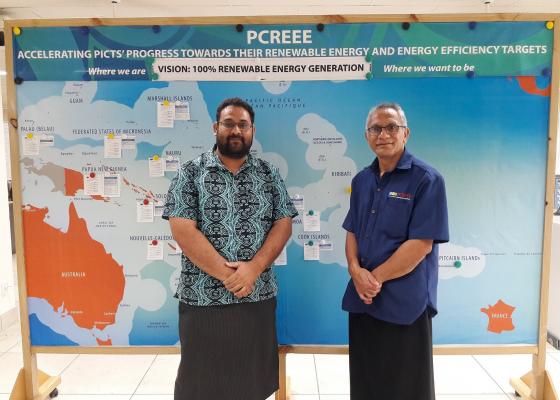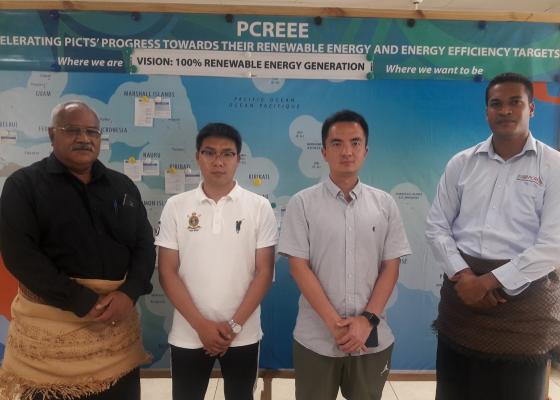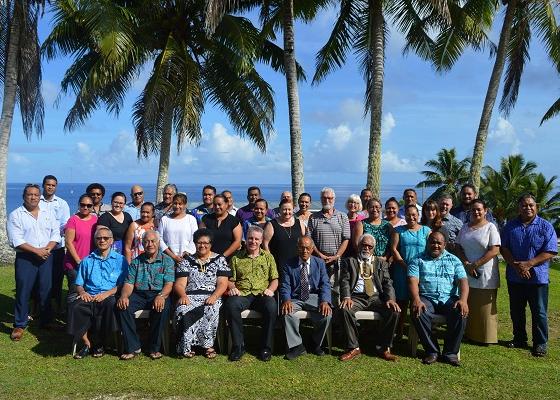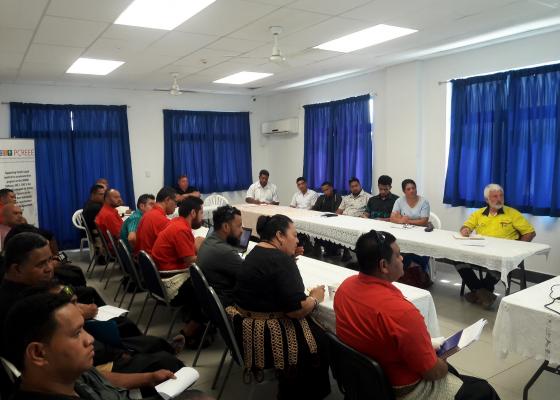Framework for Resilient Development in the Pacific: An Integrated Approach to Address Climate Change and Disaster Risk Management [FRDP] 2017 – 2030
Executive Summary - Climate change exacerbates the magnitude and impacts of climate variability and some natural hazards. The existence of some Pacific Island countries (PICs) is threatened by climate change. Pacific Island countries and territories (PICTs) are highly exposed to a range of natural hazards of hydro-meteorological origin (such as cyclones, droughts, landslides and floods) and geological origin (including volcanic eruptions, earthquakes and tsunamis). These hazards often lead to disasters, which affect thousands of people and exacerbate existing development challenges in the region. Climate change predictions identify changes for the Pacific including an increase in extreme hot days and warm nights, extreme rainfall events, intensity of tropical cyclones in the South Pacific, sea level rise and ocean acidification. Climate change is increasing the risks from weather related disasters and posing new impacts to the region. Climate change impacts also cause progressive long-term degradation to the natural environment, to critical ecosystems (e.g. coral reefs), and to social and economic systems, resulting in loss and damage to the system upon which Pacific Island communities depend for their subsistence and livelihoods.
Climate change and disaster risks increase the vulnerability of Pacific Island people, and significantly undermine the sustainable development of the Pacific region. Although the level of exposure is similar for PICTs, their vulnerability differs as countries have specific environmental, social and economic challenges that result in limited capacity to reduce
vulnerability.
National and subnational governments and administrations, the private sector, civil society organisations, communities, regional organisations and development partners all have unique and key roles to play in addressing these challenges, individually and in partnership, to build a more resilient future for the Pacific region. The Framework for Resilient Development in the Pacific: An Integrated Approach to Address Climate Change and Disaster Risk Management (FRDP) provides high level strategic guidance to different stakeholder groups on how to enhance resilience to climate change and disasters, in ways that contribute to and are embedded in sustainable development. Part of the high-level strategic guidance provided through the FRDP is expressed in the form of the non-exhaustive set of ‘priority actions’, for consideration by the different stakeholder groups. These actions provide guidance only and are to be implemented as relevant to the individual priorities and needs of stakeholders. Some actions may be better implemented at the regional level and some would need to be further articulated at the national level to suit the specific context, priorities and needs of each individual PICT.
The FRDP advocates for the adoption of integrated approaches, whenever possible, for coping with and managing climate change and disaster risks, in order to make more efficient use of resources, to rationalise multiple sources of funding which address similar needs, and for more effective mainstreaming of risks into development planning and budgets. Climate change and disaster risks are cross-cutting and action must therefore take place at the sectoral level. Development sectors (such as health, education, water and sanitation, social assistance, energy, agriculture, fisheries, forestry, tourism, mining, culture, environment, transport and infrastructure) are recognised as having a particularly important role to play in owning and implementing resilient development measures.
The FRDP advocates for the systematic adoption of inclusive and participatory processes, which gather contributions across different stakeholder groups, women and men, and in particular the most vulnerable members of society, which are all recognised as unique and powerful agents of change, to ensure that measures are not only effective but also
equitable in meeting the needs of all members of the community. Climate change and disasters selectively impact lives and livelihoods, and often disproportionally affect those least able to cope. Human rights-based approaches have also been incorporated to ensure equitable access to critical services, and humanitarian and development assistance,
according to their specific needs.
The FRDP also recognises the critical role of integrating gender considerations, and advocates for equitable participation of men and women in planning and implementation of resilience building activities.
Upcoming Events
-
03/02/2026 to 03/03/2026
-
03/25/2026 to 03/26/2026
-
04/09/2026 to 04/10/2026
-
04/27/2026
-
04/27/2026 to 04/29/2026






